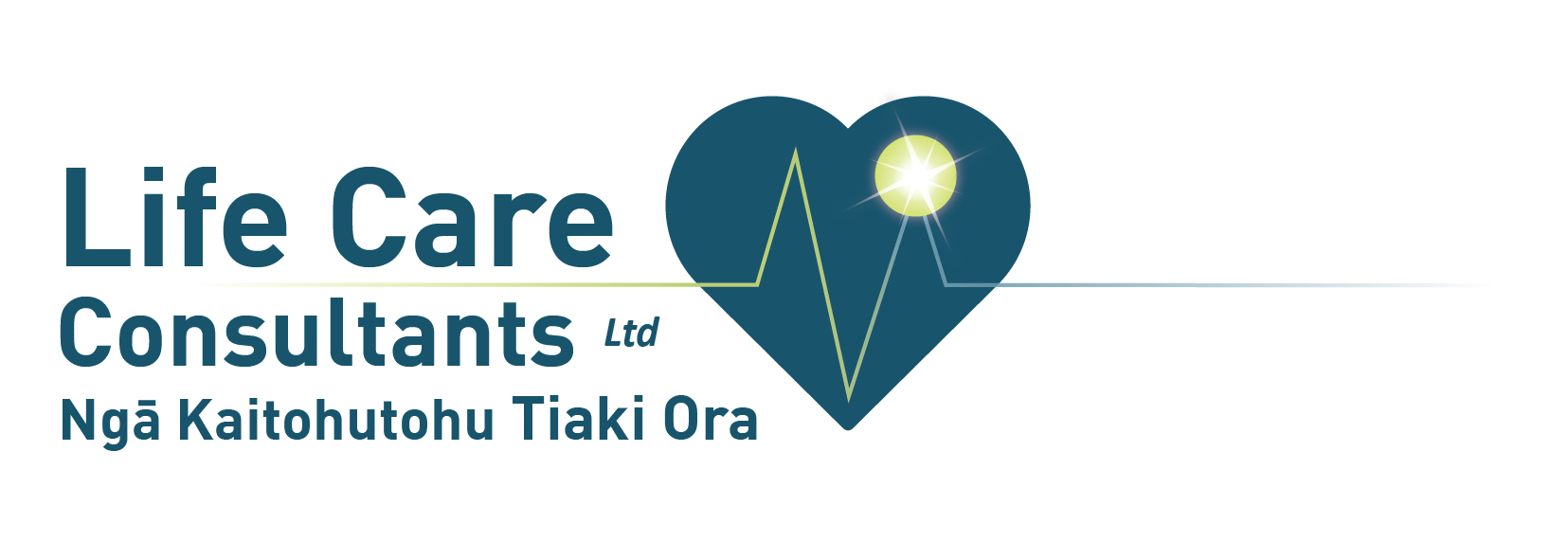Mental health is slowing losing its ‘elephant in the room’ status, with conversations and education helping to acknowledge this common health issue. Only this week Mike Hosking chatted on air to Child Forum chief executive Sarah Alexander about early childhood teachers and the increase in mental health issues.
Nearly half of New Zealand’s population – 46.4% – will experience some mental disorder or another, such as depression, anxiety, or alcohol or drug issues, in their lifetime. In some industries mental health is more at risk than in others and these include education, nursing and farming. As with many health issues, just being aware of the risks helps us manage both our own wellbeing as well as supporting the wellbeing of our colleagues. There are various levels too:
The terms mild, moderate and severe are used to describe different levels of mental health problems.
- A mild mental health problem is when a person has a small number of symptoms that have a limited effect on their daily life.
- A moderate mental health problem is when a person has more symptoms that can make their daily life much more difficult than usual.
- A severe mental health problem is when a person has many symptoms that can make their daily life extremely difficult.
Be aware that a person may experience different levels at different times.
But we can all help if we know what we are looking for. Mental health first aid is the help given to someone developing a mental health issue, such as depression, anxiety or substance misuse, or who is already in a mental health crisis, such as suffering panic attacks, self-injury and/or aggressive behaviour. Mental health first aid is given until appropriate professional treatment is received or until the crisis resolves.
So when is the best time to administer mental health first aid? When it first becomes apparent to others that a person in their family or community, which includes their social and/or professional environment, is developing a mental health problem. Take a look at the chart below.
| Disorder | First aid treatment may include: |
| · Anxiety
· Depression · Panic attacks · Insomnia · Social anxiety disorder · Generalised anxiety disorder · Post traumatic stress disorder · Obsessive compulsive disorder · Bipolar disorder · Schizophrenia |
· Building empathy
· Mindfulness · Nonjudgemental care · Keeping people safe · Getting help
|
Life Care Consultants’ Mental Health First Aid Course provides participants with the necessary knowledge and skills to identify early stage mental health issues. Attendees will learn strategies to help support that person and to help maintain and improve mental health in the workplace.
The course also provides some useful information on how to assist a person who has a history of a mental illness or longer-term mental health problems.
The Mental Health First Aid Course duration is four hours with an investment of $130 + GST per person. Please click for more information and to book.

